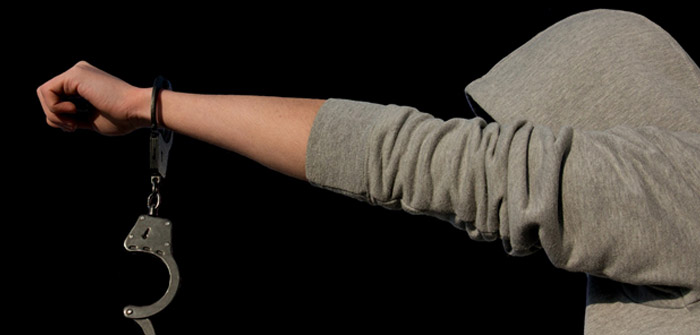One of the best ways to avoid a criminal conviction is to understand the local laws and penalties. Whether you’re facing charges or just have a natural curiosity for criminal law in Florida, there are a few things you should know about state laws and their consequences.
Misdemeanor Offenses
Crimes in Florida can be broken down into misdemeanor and felony offenses. Although misdemeanor crimes have less harsh sentences than felonies, a conviction could still change your life. The conviction remains on your criminal record long after you serve your sentence and pay your fines. Therefore, it might prevent you from obtaining employment or finding housing.
A misdemeanor offense can only be punished with less than one year in jail. Typically, a county court judge hears the case. Crimes such as battery, drunk driving, loitering, and possession of marijuana qualify as misdemeanors. However, aggravating circumstances or repeat offenses may result in a misdemeanor becoming a felony.
For instance, the first prostitution offense is a misdemeanor. But subsequent offenses would be classified as felonies. Resisting arrest is also a misdemeanor, but resisting arrest with violence becomes a felony.
First-Degree Misdemeanor vs. Second-Degree Misdemeanor
Misdemeanors are divided into two categories. A first-degree misdemeanor is the more serious of the two crimes. It could result in as much as one year in jail, one year of probation, and a $1,000 fine.
On the other hand, a second-degree misdemeanor has less devastating consequences. Someone convicted of this crime can receive no more than 60 days in jail, six months of probation, and a $500 fine.
Felony Offenses
Much more serious than misdemeanor offenses, felony offenses are often punished with more than one year in prison. Generally, circuit court judges handle these criminal cases.
The Florida court system relies on the CPC to rank the severity of a crime. The court gives felony points based on the severity of the crime. If a felony is awarded more than 44 points, the accused will face a mandatory minimum sentence. A score lower than 44 does not have a mandatory minimum but could still result in prison time. In this situation, the decision would be left to the judge.
Examples of felony crimes include kidnapping, grand theft, drug trafficking, murder, and child abuse. Depending on the circumstances surrounding the crime, the court will classify the felony as one of the following:
First-Degree Felony
This type of felony could get you as many as 30 years in prison, thirty years of probation, and $10,000 in fines.
Second-Degree Felony
If charged with this type of felony, you could receive as many as 15 years in prison, 15 years in probation, and $10,000 in fines.
Third-Degree Felony
With a third-degree felony, you could spend up to five years in prison, five years on probation, and $5,000 in fines.
Life or Capital Felony
For particularly harsh crimes, the accused could face life in prison or a death sentence. With either a life or capital felony, there may be no chance of parole.
Fighting Your Charges
Between January and December of 2017, there were 41,008 crimes committed in Miami-Dade County. There are many people facing criminal charges in Miami, but few of them know how to fight the charges.
By working with an experienced Miami criminal attorney, you can stand up for your rights in the courtroom. Stroleny Law, P.A. is ready to take on your case.





